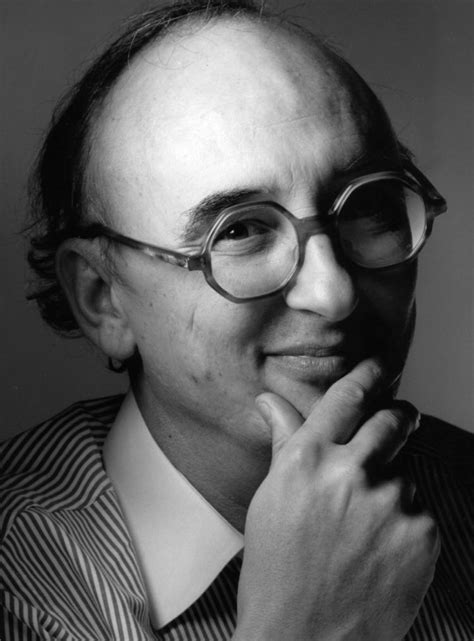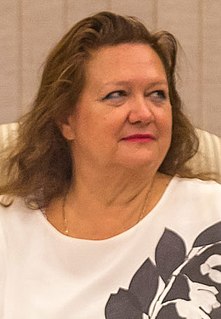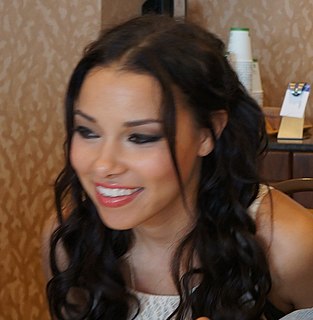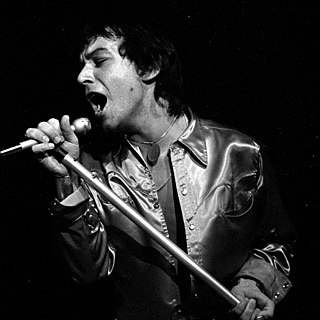A Quote by Ma Jun
The situation is quite serious - groundwater is important source for water use, including drinking water, and if it gets contaminated, it's very costly and difficult to clean.
Related Quotes
Over 1 billion people have no access to clean drinking water, and more than 2.9 billion have no access to sanitation services. The reality is that a child dies every eight seconds from drinking contaminated water, and the sanitation trend is getting sharply worse, mostly because of the worldwide drift of the rural peasantry to urban slums.
Water is one of the most basic of all needs - we cannot live for more than a few days without it. And yet, most people take water for granted. We waste water needlessly and don't realize that clean water is a very limited resource. More than 1 billion people around the world have no access to safe, clean drinking water, and over 2.5 billion do not have adequate sanitation service. Over 2 million people die each year because of unsafe water - and most of them are children!
The Safe Drinking Water Act, the safety provisions of the Clean Water Acts, the Clean Air Act, the Superfund Law - the gas industry is exempt from all these basic environmental and worker protections. They don't have to disclose the chemicals they use. They don't have to play by the same rules as anybody else.



































